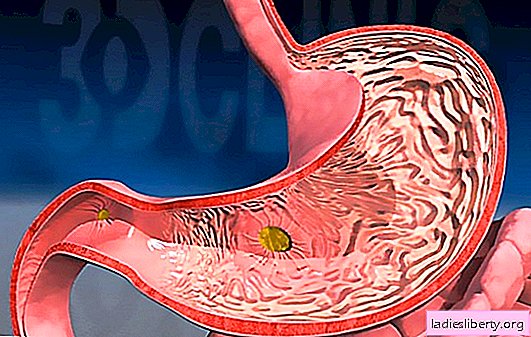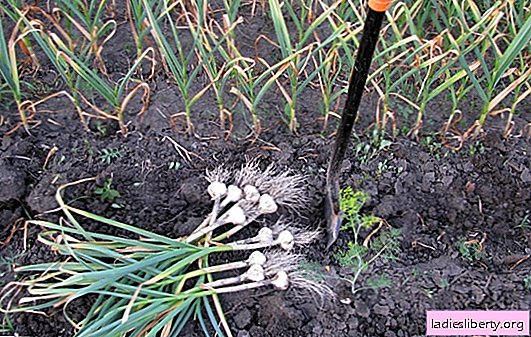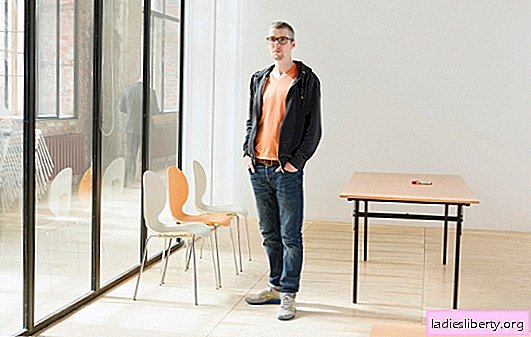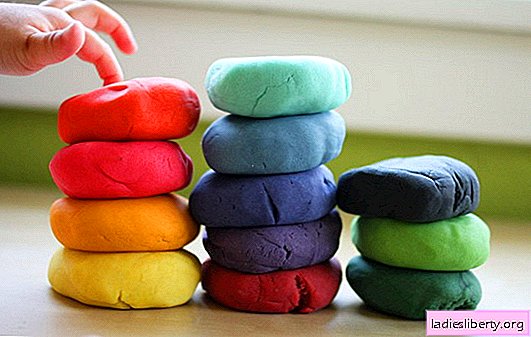
The human intestine consists of numerous departments that periodically undergo inflammation.
For example, if the duodenum becomes inflamed, then this indicates the development of a disease such as duodenitis.
Below we look at the causes of inflammation, symptoms, and effective treatments.
Duodenal inflammation causes
The development of the inflammatory process occurs only after the mucous membrane of the organ is damaged. The most common reason for this condition is that the amount of hydrochloric acid released exceeds the norm.
Hydrochloric acid in such an amount can literally melt the mucous membranes of organs. After the gastric juice enters the intestine, it gradually begins to irritate its walls, after some time an inflammatory process begins to develop.
Another reason that inflammation occurs in the duodenum is secondary duodenitis. The disease occurs due to the fact that processed food does not immediately pass into the intestine, for some time it continues to remain in the duodenum. But what is the reason for this condition?
The development of secondary duodenitis occurs because there is a decrease in the tone of the intestinal walls, as a result, food is not able to pass on its own, it needs to be pushed (as if this function does not work).
When already processed food continues to remain in the duodenum for a long time, then it gradually becomes inflamed. Food can remain there for another reason - the presence of adhesions, scars, they will interfere with the further passage of food. This condition can occur after inaccurate surgery.
The inflammatory process in the duodenum can begin due to the fact that the patient eats bad foods, often abuses bad habits, eats too greasy and spicy foods. It is possible that the mucous membrane was damaged by a mechanical object.
It is impossible not to mention chronic inflammation, it occurs for the following reasons:
1. A disease such as hepatitis is not completely cured. This suggests that the patient also has a damaged liver, which is why therapy should be aimed at eliminating several factors at once.
2. An inflammatory process develops in the gallbladder.
3. Crohn's disease.
4. For some reason, fats are not absorbed into the small intestine.
5. Neoplasms in the stomach.
6. Diarrhea having a chronic form.
7. The patient does not eat well, often eats dry.
8. A constant feeling of stress and tension.
9. Abuse of bad habits.
10. Taking antibiotics for a long time.
11. In the internal organs there are infections.
All these factors affect the development of the inflammatory process in the duodenum and require immediate elimination.
Duodenal inflammation symptoms
Inflammation of the duodenum can pass without any pronounced symptoms, but after some time they still begin to manifest themselves. Suspect that something is wrong in the body, the patient can on the following grounds:
1. Lack of previous appetite, the digestive process is disturbed.
2. After eating in the stomach there is a strong discomfort, a strong feeling of heaviness or overeating.
3. Belching, flatulence - this constantly torments the patient.
4. From time to time, nausea or vomiting occurs.
5. A feeling of slight pain in the center of the abdomen.
6. At night there is a feeling of hunger, pain, and it gives to the chest.
7. Together with feces, a small amount of blood is released.
8. Anemia, this primarily indicates that there is internal bleeding.
9. The general condition is weakened.
With different forms of inflammation, the clinical picture may have some differences, this allows you to more accurately diagnose:
1. If food passes slowly, then the pain will be localized in the right hypochondrium. The pain is paroxysmal in nature. Bloating, rumbling, bitter taste in the mouth are possible.
2. If duodenitis is combined with an ulcer, then pain will occur when a person is hungry. All other symptoms may also be.
3. If the inflammatory process has moved to the lower intestines, then the pain will lower a little lower. In this case, the patient will be disturbed by diarrhea, bloating and nausea.
If the disease is not treated, then the mucous membrane of the duodenum will atrophy. That is why it is necessary to identify the disease at an early stage of development in order to prevent serious complications.
Diagnosis of duodenal ulcer
If you have the symptoms listed above, you must contact a medical institution, namely, a gastroenterologist. After the doctor collects an anamnesis, feels the abdomen, he may suspect that the patient has duodenitis. However, even after a preliminary diagnosis is established, an additional examination is necessary to rule out other diseases. Laboratory tests usually include the delivery of feces and blood.
Instrumental research:
1. X-ray contrast study - the patient takes a special substance, then the doctor takes pictures. As a result, you can consider the intestinal lumen.
2. Radiography is one of the most painless studies, patients tolerate it well. However, it is impossible to detect even small changes in the mucous membrane, you can only see violations in the functioning of the organ.
With the help of ongoing research, you can accurately determine what caused the development of the disease, this will allow you to choose the right treatment and possibly even simplify it.
Duodenal inflammation treatment
The treatment of duodenitis depends on many factors - what form of the disease, how it proceeds, whether concomitant diseases are present. The main therapy may include the following:
1. Taking medication. Depending on how the form of the disease develops, the doctor may prescribe proton pump inhibitors, antibiotics or antispasmodics.
2. Proper nutrition. Whether the treatment is successful depends on whether the patient follows a diet. If the disease is in the acute stage of development, then for 5-7 days it is necessary to adhere to a very strict diet.
3. Physiotherapy. It must be used only as an adjuvant, and only at that moment when the disease is not in the acute stage. Thanks to the procedures, it is possible to normalize blood circulation, relieve pain, and eliminate the inflammatory process.
As mentioned above, the success of treatment depends on proper nutrition; it, just like taking medication, is an integral part of therapy.
The diet mainly comes down to the fact that there are many things to exclude:
1. Try to eat oatmeal. Cook it, salt and sugar, add a small piece of butter. Be sure to cook porridge in milk, the fat content of which is not more than 2.5%. It is not worth using friable cereals, as they must be viscous and sticky. Within one day, you need to eat half a kilo of porridge.
2. It is useful in the inflammatory process to drink milk. Drink about 600 ml throughout the day. nonfat milk.
3. Start the morning with fruit. A good and healthy breakfast is one that starts with apples, watermelons, bananas. It is worth forgetting about melons, since it is categorically impossible to eat them during the development of the disease.
4. Mashed potatoes made from cabbage, carrots, potatoes, pumpkins are considered a good treatment option. And the most preference must be given to pumpkin.
5. If you like to eat cheese, then make sure that its fat content is low.
After such a diet and therapy, recovery will take place, after which your diet can be diversified, but first you need to discuss this with your doctor.
Duodenal inflammation prevention
The duodenum is sensitive enough, and once injured, it can again react to stimuli. That is why, as a prophylaxis, it is necessary to abandon bad habits, monitor your emotional state.
It is not necessary to follow a diet in prevention, but still it is better to refuse spicy food. Follow a few simple rules:
1. Both food and drink should be warm.
2. Avoid solid foods.
3. Eats up to 6 times a day, but in small portions.
For recovery, the patient needs a good rest and sleep. Watch your health and try to see a doctor on time.











